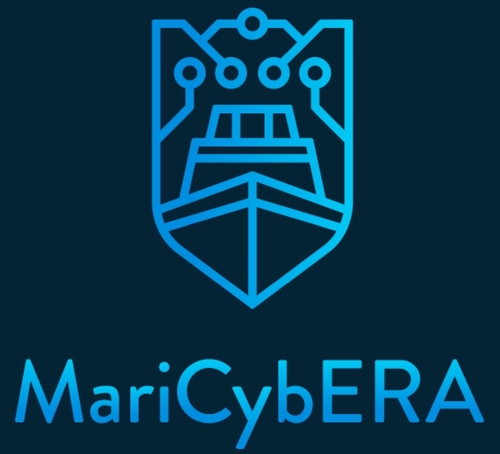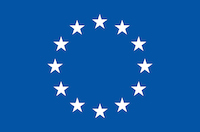Coordinating Estonia’s maritime cybersecurity capabilities
Shipping companies, ports and vessels are increasingly vulnerable to cyber attacks, which manifest in a numerous ways. Estonia has one of the highest levels in IT innovation as well as the experience to tackle cybersecurity issues; moreover, its population is highly familiarised with digitalisation. The EU-funded MariCybERA project aims to coordinate Estonia’s digital capabilities in a focussed and integrated way. As the result of the project, the Centre for Maritime Cybersecurity has been established by the Tallinn University of Technology (TalTech), which belongs to an Estonian ecosystem of cybersecurity and maritime institutions. The university is recruiting researchers and research coordinator to lead this new multidisciplinary Centre for Maritime Cybersecurity.
Objective
The European and international maritime industries face serious threats from cybercriminals. Shipping companies and ports have begun falling prey to computer viruses (AP Moller-Maersk in August 2017, COSCO Shipping Lines in July 2018, the ports of Barcelona and San Diego in September 2018, etc.) IT hackers are colluding with drug traffickers to import illegal drugs such as cocaine and heroin (Port of Amsterdam, 2011-2013), and shipping vessels have become vulnerable to GPS jamming and spoofing attacks (Black Sea in June 2017, Mediterranean Sea in August 2019). Tallinn University of Technology (TalTech) is part of an Estonian ecosystem of cyber security and maritime actors – including the NATO Cooperative Cyber Defence Centre of Excellence, several Estonian maritime associations, research institutes and private companies – with the collective know-how to tackle maritime cyber threats. Estonia has first-hand experience of state-sponsored cyber warfare (April 2007) and is renowned for its IT innovation (Skype, 2003), e-governance (e-Voting since 2005), e-residency (2014), and cyber savvy population (95% of income tax returns filed online). To unite Estonia’s capabilities in a focused and integrated manner, TalTech recruits an outstanding researchers, who will lead a new, multidisciplinary Centre for Maritime Cybersecurity at the Estonian Maritime Academy integrating research capabilities from TalTech’s Estonian Maritime Academy and TalTech’s Centre for Digital Forensics and Cyber Security. The Centre will foster research excellence initially in three research sub-topics: Marine Communication, Human Aspects of Cyber Security, and Cyber Security Aspects of Maritime Technology.
About the Maritime Sector
Including ports, shipping, and offshore oil and gas production, the maritime sector is considered part of critical infrastructure due to its central role in the international trade and commerce. The sector is responsible for transporting goods, including raw materials, finished products and food internationally worldwide, enabling global supply chains and supporting the growth of economies. The maritime sector also plays critical role in the energy sector, whit the transportation of oil and gas being a significant contributor to the global economy.
The sector provides employment to at least 2.5 million people directly (c.1.5 million seafarers and 1 million shore-based workers) and supports local economies by providing goods and services to businesses and consumers.
The maritime sector is a significant contributor to the world’s Gross Domestic Product (GDP), over 90% of the worlds trade is conducted by sea, therefore any disruption to the sector can have significant impact on the global economy. The sector also faces various challenges, including piracy, cyber threats, and the need for investment in new technologies and automation to ensure the efficient, safe, and secure transportation of goods.


